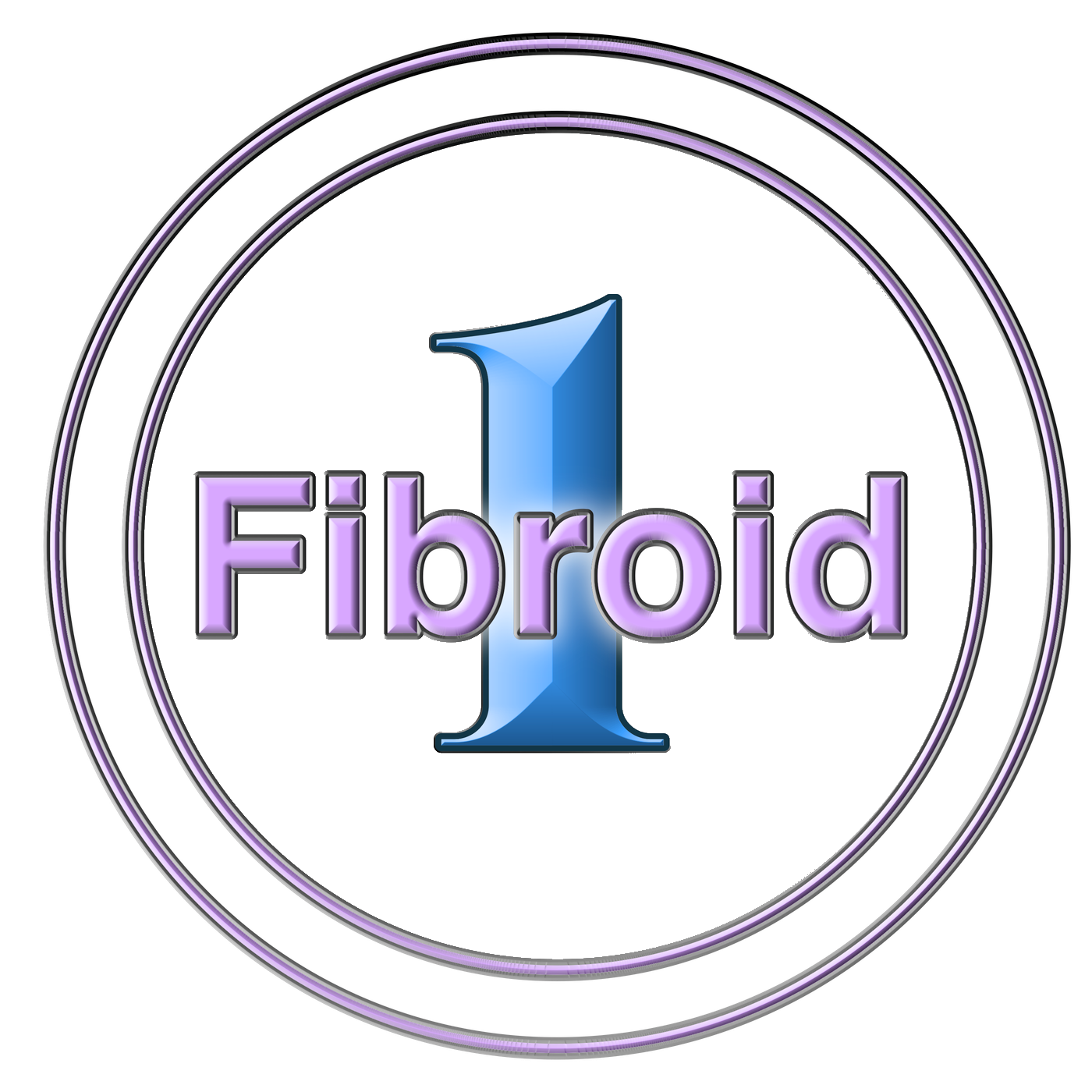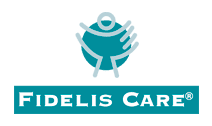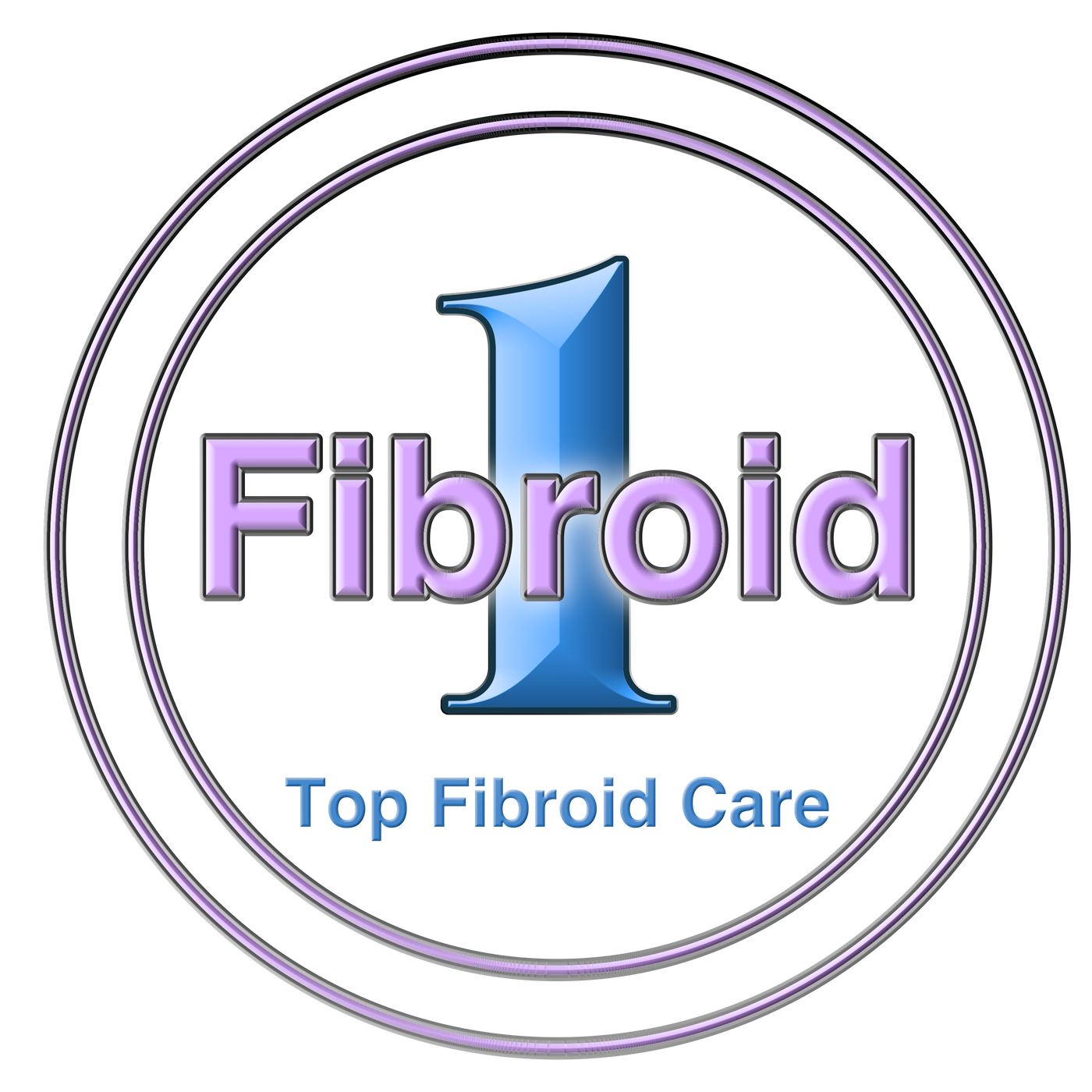Uterine fibroids are tumors that are benign and grow inside or outside of the uterus. Although fibroids are not fatal, they cause uncomfortable and often painful symptoms. Occasionally, they degenerate into what are termed “degenerative fibroids “. When fibroids enlarge excessively, they degenerate and cause significant distress to the patient. 1Fibroid Center is here to help you learn more about the degeneration of fibroids and the available treatment options.
Fibroid Degeneration
Fibroid degeneration is caused by the fibroids growing beyond their original blood supply and beginning to die. When fibroids become large, the body no longer has enough blood and nutrients to promote their growth. When this occurs, the cells that compose the fibroid degenerate and die. Frequently, fibroids will begin to grow again and begin this process over and over again.
Symptoms Of Fibroid Degeneration
Symptoms of fibroid degeneration can be more severe and painful than when the fibroids were originally growing. Although these tumors are considered to be benign and can have a significant effect on a woman’s life and cause multiple uncomfortable symptoms. Some symptoms of include frequent urination, bloating or abdominal swelling, heavy bleeding, cramping, and pain during the menstrual cycle.
One of the most significant signs of fibroid regression is acute severe pain and swelling in the abdomen. The pain and swelling are attributed to the chemicals released by fibroids when cells are killed.
Fibroids can also cause pain during sexual activity, constipation, and in rare cases, infertility. Fibroid degeneration is often misdiagnosed as another condition because of its nonspecific symptoms that mimic other common diseases. This is why it’s important to go to a fibroid expert for a proper diagnosis.
Fibroid Degeneration Causes
The degeneration of fibroids decreases the size of the fibroids temporarily. Degenerated fibroids are likely to increase in size and degenerate again. While many people with fibroids don’t experience symptoms daily, when fibroids begin to degrade, they can become uncomfortable and painful. The exact mechanism by which fibroids develop is unknown, but several risk factors may increase your odds of developing fibroids. These risk factors may include:
- Family history of fibroids
- No kids
- Early menstruation (menstruation at a young age)
- Late menopause
- The increase in estrogen during pregnancy increases the likelihood of fibroid growth and subsequent regression.
What Are My Treatment Options?
1Fibroid offers several methods of saying goodbye to heavy bleeding, cramps, and other troublesome symptoms of fibroids. Treatment options for fibroid degeneration include noninvasive options, alternative treatments, and surgery. Your treatment plan will be affected by the size of your fibroids and the severity of your symptoms. Some of the most common treatments in our practice include:
- Hormonal Therapy: Birth control pills and other types of hormonal birth control methods.
- Uterine fibroid embolization (UFE): UFE is unique because it treats fibroids without painful surgery and long recovery times. The UFE procedure uses image-guided interventional radiology and tiny particles to safely block the blood supply to the fibroids, causing them to shrink and die so you can quickly return to normal activities.
- Hysterectomy: This surgical procedure removes the uterus to ensure fibroid relief.
Having fibroids may not be life-threatening, but it can still have a profound impact on your life. You may experience negative physical and emotional effects that will only get worse the longer the effects go on. Instead, use this opportunity to regain control of your body. It’s time to stop living in pain and discomfort. If you are suffering from fibroid degeneration or other gynecological-related issues 1Fibroid Center is here to help. If you have any symptoms and think you have fibroids, make an appointment for a professional diagnosis by calling (212) 991-9991.












